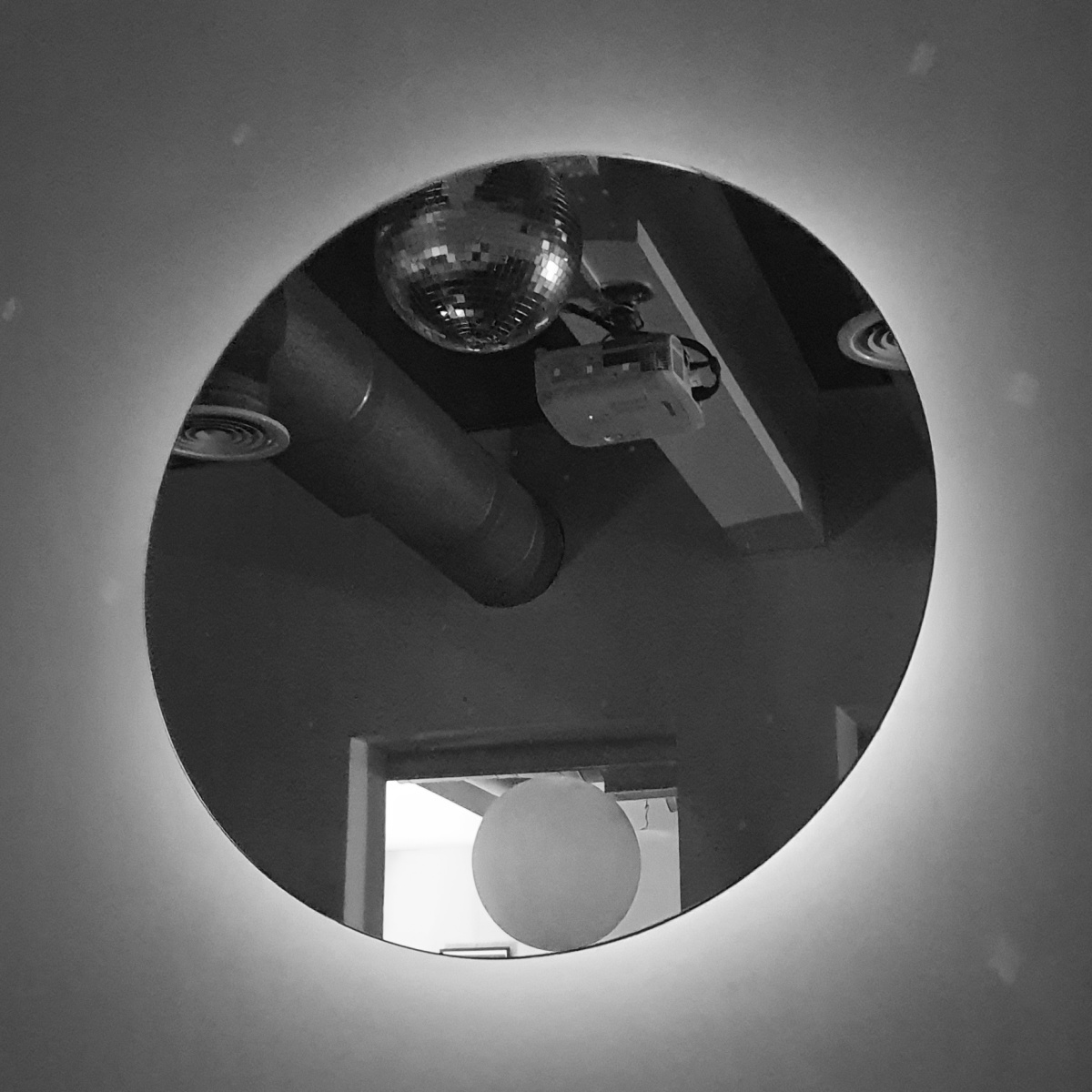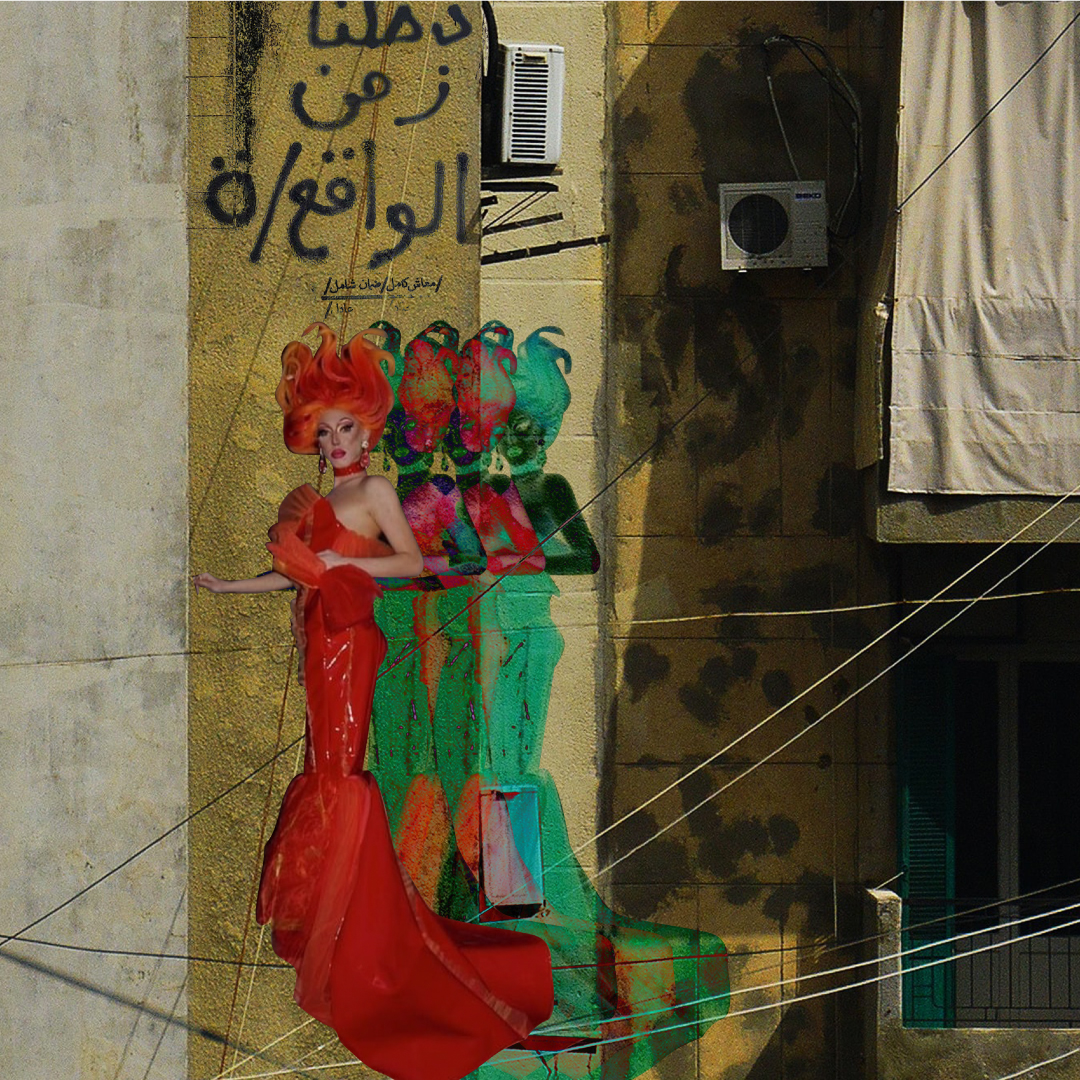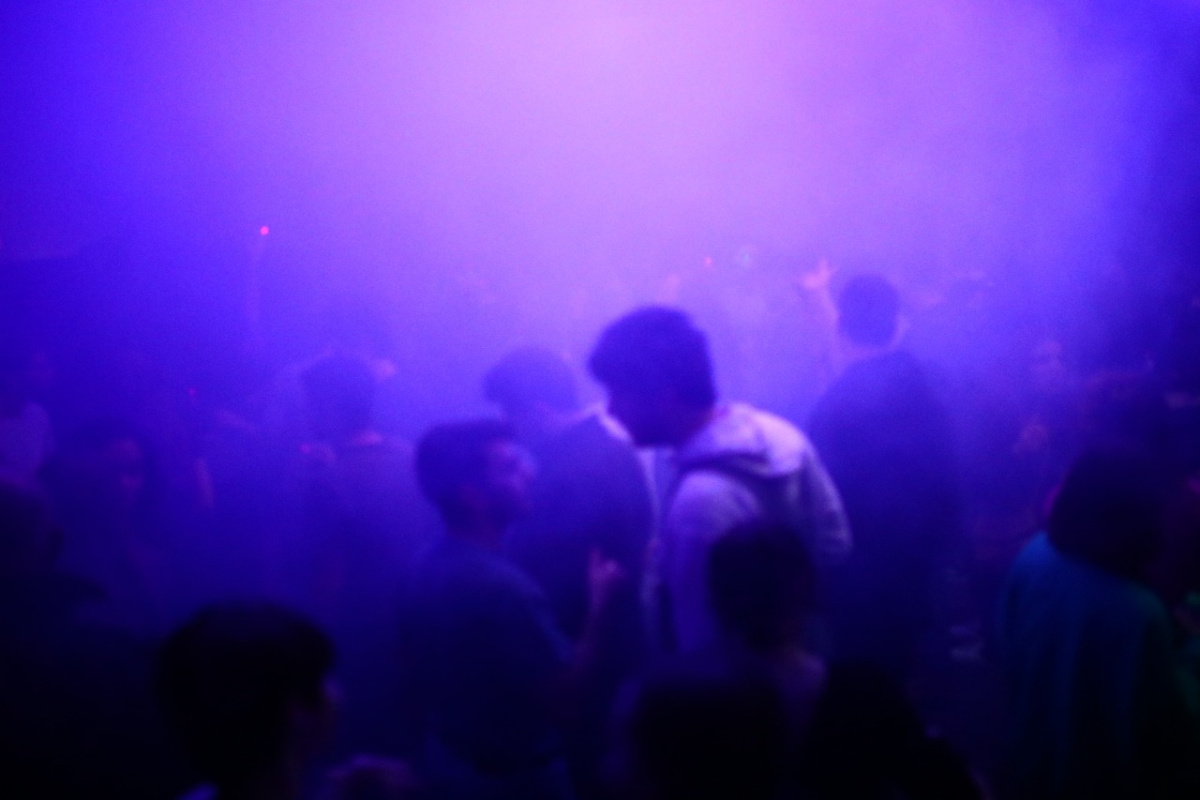
We Want More Britney! A Dance Party in Pre–COVID-19 Beirut
Like several landmarks of Beirut’s nightlife, Bardo did not survive the brutal financial and economic crises that have struck Lebanon since 2019. Its Friday nights were especially famous for their buoyant energy. Rabea Hajaig, who regularly DJed on Friday nights, gives readers an insight into his role as dancefloor firestarter and the often thorny terrain that came with it.
Being recognized as queer in Lebanon can disturb connections with communities that would otherwise be embracing and safe. Spaces that welcome non-normative others into their midst while acknowledging their differences are rare. These include the homes of supportive families, a handful of NGOs, and a few commercial venues such as Bardo1, whose defunct website once declared, «Everyone is welcome at Bardo … We believe in love».
Situated in an affluent neighborhood, Bardo was a quiet Buddhist-themed restaurant by day and a makeshift dance club by night before it shut down in 2021 after the country’s economic collapse. The segmented space – which, according to a former owner’s son, was once part of a restaurant established by a Jewish couple from Germany during the Second World War – blended contemporary design, ornate tiles, massive light globes, and a golden ceiling. After nightfall, the lights would be dimmed, and young, often queer, music selectors with laptops and auxiliary cables replaced the gentle background jazz and pop playlists.
On weekends Bardo filled up with well-dressed and mostly young male partygoers, allowing for new connections to be made and contributing to the alleviation of queer isolation. To make the venue more inclusive, the management did not enforce a cover charge or bouncer policy, setting it apart from other nightclubs in Beirut.
Navigating the Dancefloor
As the resident Friday night DJ for many years, I aimed for a soundscape that was equal parts cool, sexy, and camp, conscious that the music played there would be galvanizing new affirmative life configurations. I tried to make my sets eclectic, mixing mainstream pop with a wide range of tracks from diverse eras, negotiating between the chart music expected by the crowd and the artists from independent labels and alternative music which I was excited to share. I imagined that the latter would resonate with those who felt alienated or different, but no matter how danceable these tracks were, they were often ill received; moving bodies would lose momentum, glare at me and wander off.
With time, my repertoire evolved to include disco, pop, and hip hop tracks situated somewhere between the hegemonic imaginary of music suitable for queer social spaces (congruent with the sound of mainstream gay bars in the Anglosphere, with some kitsch Arabic pop thrown in) and what I wanted to play.
I saved my crate-digging findings for early in the evening while people dined, and as the night progressed, I deployed raunchy tracks by female artists like Nicki Minaj or Azealia Banks, to draw the younger crowd onto the dance floor and pave the way for hesitant others to join. Transitioning from Beyoncé to a risqué Lebanese pop diva (the kind that challenges local notions of good taste), would shift and expand the energy of the room; the more daring would jump onto tabletops to belly-dance as others whooped and whistled. An eruption of intense celebration animated by some unspoken mutual understanding. It was as if these tracks acknowledged and reinforced something about what they were and could be.
When I got it just right, it felt transcendent: DJ, writhing bodies, and throbbing music merging in a joyous abandon in the smoke-filled room. The space of the dance floor became a site of communitas, a place for boundaries to be pushed, limits to be broken. As Lebanon continues to sink into economic and political uncertainty, respite from an increasingly constraining reality is harder to access for everyone across the board.
For the LGBTQ+ community, the closure of Bardo means that dance floors once available for creating alternative socialities, experimenting with gender and self-expression, and finding sanctuary from an oppressively heteronormative world are much narrower, leaving queer folk with one less space that anchors and extends them in the world, when it is needed the most.
- 1. Bardo, a self-identified «gastropub», opened its doors in 2006. It was tucked away in an alleyway close to the residence of a prominent Druze politician, in the Western part of Beirut. It remained open for well over a decade, allegedly because of the said politician’s protection, while other queer-friendly bars and clubs were raided and shut down by the police.
This article is part of the virtual exhibition «Norient City Sounds: Beirut» curated and edited by Rayya Badran.
Biography
Shop



Published on August 25, 2022
Last updated on December 18, 2023
Topics
Specials
Snap















